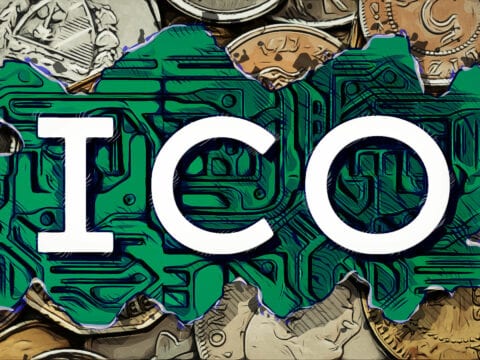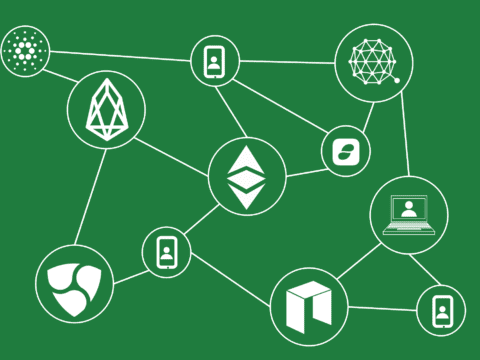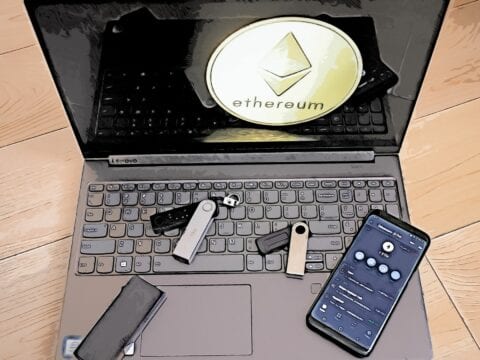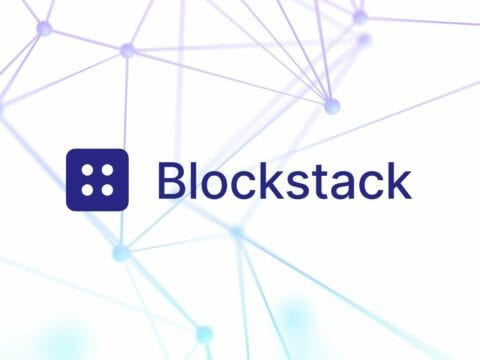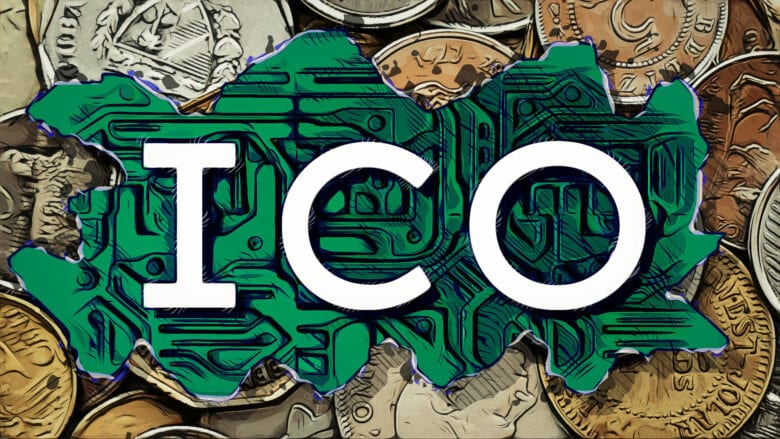
Cryptocurrency is becoming more popular and many people are wondering what is an ICO (Initial Coin Offering)?
At its most basic level, an ICO is a way for a company to raise money and a way for investors to gain exposure to a token hitting the markets.
So what exactly is an ICO, and what is its role in the cryptocurrency market?
What Is an ICO (Initial Coin Offering)
An Initial Coin Offering (ICO) helps a company or project generate operating capital and launch new tokens into the broader markets.
ICO is very similar to an Initial Public Offering (IPO), which is when a company offers its stock to the public for the first time. In many ways, these two events are similar, but they are also some important differences between the two.
How Does ICO (Initial Coin Offering) Work?
Investors interested in an ICO consider purchasing these new tokens with the expectation that the new coins will be desirable. With the potential for high demand within the crypto market, higher prices will follow.
For the company or project behind the ICO, it is a fundraising method that is generally used in the early stages of the company before the token it offers is in wide circulation. ICOs typically offer the token at a discount to larger investors, and there may be a few rounds of token sales that comprise the ICO.
ICOs: An Example
Let’s look at an example of how an ICO may work:
Imagine a company that wants to develop an idea for a new cryptocurrency platform.
It is nearly impossible to get a loan from a bank, which makes raising money via an ICO one of the only viable options there is.
Firstly, the company needs to create a document that presents all vital information on how the desired system would work – this is usually called the white paper.
The company should also have a solid website with informative content that explains why it’s a great idea for others to invest in these tokens. In addition, a presence on GitHub so that the technicals of the project are out there for inspection.
Most ICOs will collect Bitcoin or Ether in exchange for the new tokens offered by the ICO, although some will also accept fiat currencies. An ICO is a simple transaction, and the funds gained by the company are generally used to advance whatever project it is working on
These new crypto tokens issued by the company may have some utility on the platform that is being developed, but in some cases, they can also covey ownership of some asset (this is rarer).
Who Can Launch an ICO (Initial Coin Offering)?
Most governments do not enforce any regulations for ICOs, so almost anyone can launch one.
As long as the token that is a part of the ICO isn’t a security, as defined by the government that may have jurisdiction over the company offering the new token, there aren’t many regulations to govern the sale.
While in most cases, a company isn’t bound by loads of regulations when offering an ICO. It will prove that the new technology has the potential to grow into a viable platform and create value.
What is the Difference Between an ICO and IPO?
Said simply, an Initial Public Offering (IPO) will offer the ownership of equity in a company to investors, while an ICO generally doesn’t. If a company wanted to use an ICO to offer ownership of equity or any other kind of asset, most developed markets would require that the company seek approval from a securities regulator before it sells the tokens into the market.
Pros and Cons of ICOs
The biggest advantage of an ICO is that few regulations impede a company or project from accessing capital on very reasonable terms. In addition, it is easy to create tokens, which means there are few barriers to public fundraising.
Another significant advantage of an ICO is that many investors have made huge returns, so selling tokens at an early stage of development appears to be popular, despite the risk involved for investors.
With the advent of platforms like Uniswap, it has become even easier to sell tokens without any sort of intermediary.
Even if a company wanted to sell tokens that conferred equity of a company, the company could be based in a nation with few laws over these kinds of sales, eliminating concerns over regulatory oversight in a nation like the USA.
From an investor’s standpoint, the ICO process is far riskier than an IPO in a developed market. As there are few regulations to protect investors, it is essential to understand the token that is being sold via an ICO and the team that will ultimately control the funds.
ICOs: Risks and Rewards
It is unfortunate that many ICOs, especially when the first ICO boom hit in 2017, were total scams. As mentioned above, there is little to no oversight in the sector, so scams happen.
Clearly, investors should avoid being scammed, but doing some homework in the world of ICOs is part of the investment process.
First of all, investors need to read the white paper and research all relevant project members to ensure they possess a reliable history in cryptocurrency or the wider world of investments.
Another potential technique to determine the value of an ICO is to spend time reading what other people say about it, especially if the technology is actually novel or if it is just a copy of another project.
Although you will find a great deal of information from the company behind the ICO itself developed by its marketing team, it is a good idea to look for independent sources.
There are loads of ICOs out there, and they are not all created equal. In most cases, investors should consider buying the major tokens and leaving up-and-coming projects to investors who can dig deep and risk losses in projects that may never amount to anything.
